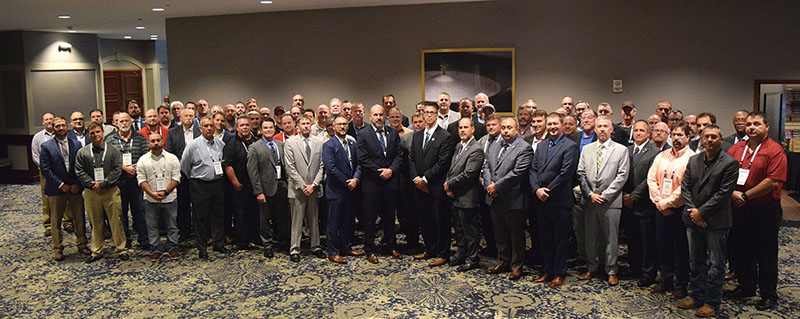Class I railroad carriers BNSF and NS declared an impasse this week in the mandatory bargaining over crew size under Section 6 of the Railway Labor Act (RLA). In declaring an impasse, the two railroads, represented by the National Railway Labor Conference (NRLC), seek federal mediation as required by the RLA. Union Pacific Railroad is not seeking mediation at this time.
Beginning in October 2019, most Class I carriers served notice under Section 6 of the RLA to force the SMART Transportation Division to bargain over crew size. Today crew size is determined by collective bargaining agreements implemented by Presidential Emergency Board 219 under then-President George H.W. Bush.
SMART-TD and the involved General Committees intend to continue to demonstrate the significant problems with the carriers’ plans and the current technology that carriers believe allows for a redeployment of conductors to ground-based positions.
SMART-TD General Committees and union leadership will continue to fight to protect the jobs of today as well as the jobs of the future and to ensure protection for SMART-TD members.
In the current episode of Talking SMART, we sit down with SMART TD President Jeremy Ferguson to talk about a subject that is foremost on the minds of many members. In February 2022, BNSF arbitrarily changed its attendance policy and took advantage of a pro-management judge to force (as of now… this episode was recorded in early March), a draconian “Hi-Viz” attendance policy upon the very members who have kept the company operational through the pandemic – and who earned BNSF record profits in 2021. President Ferguson also provides an update on contract negotiations with the national rail carriers.

